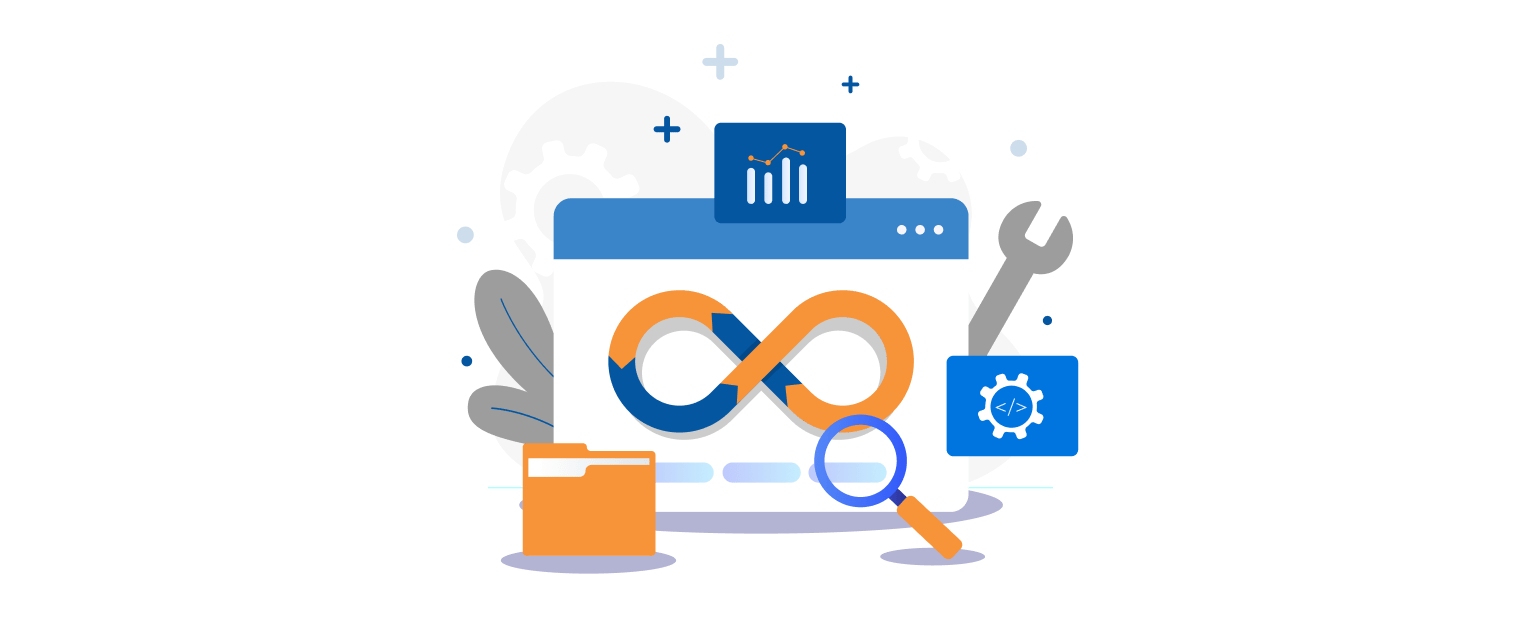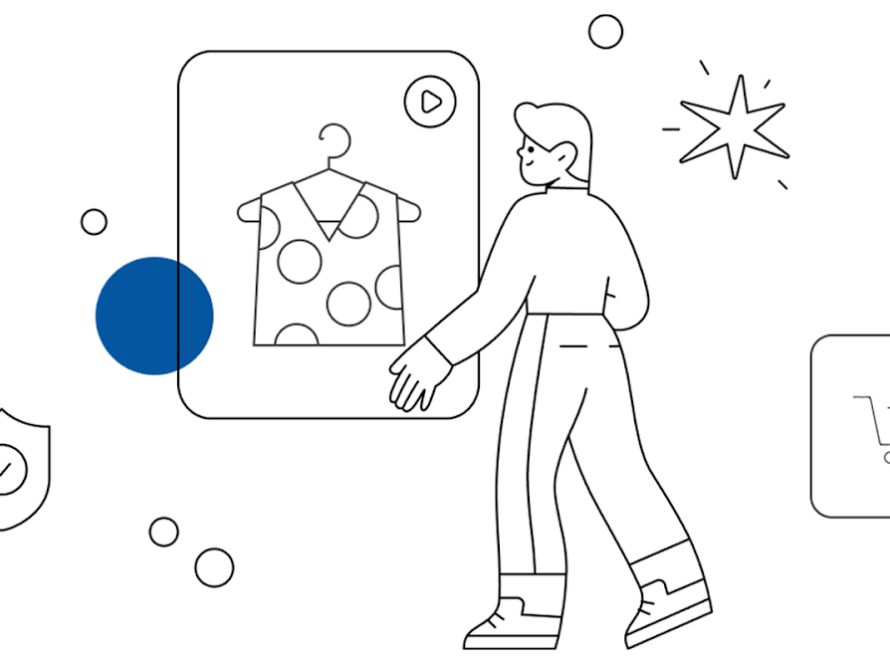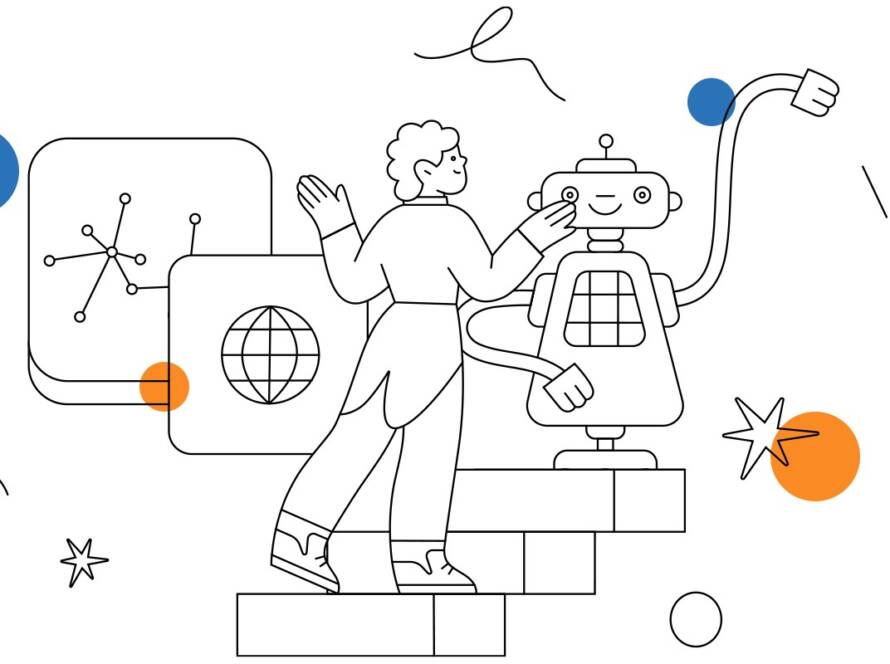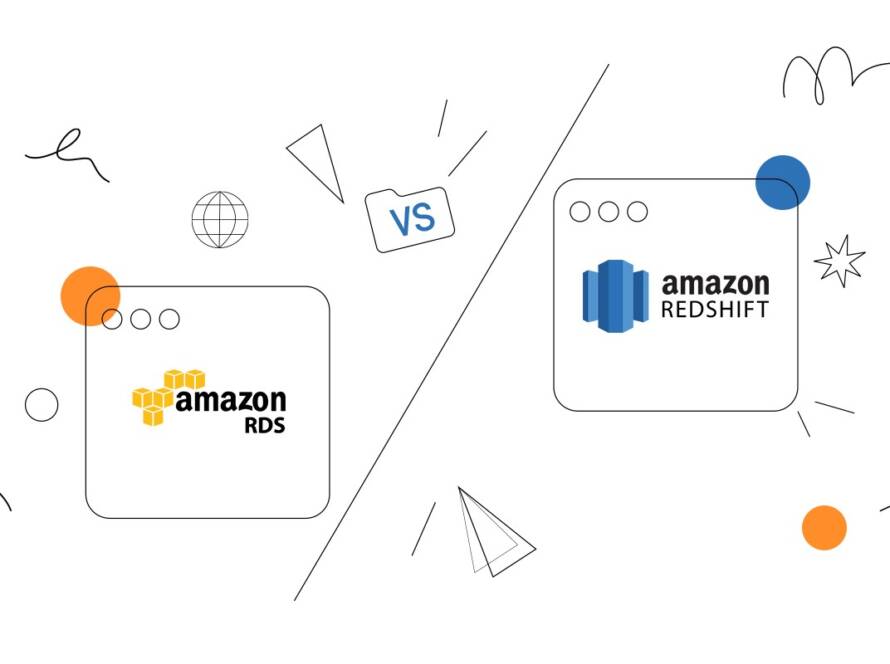The tech industry’s dynamic landscape is in a continuous state of growth, with each advancement acting as a catalyst, transforming the very underpinnings of how software is not only developed but also utilized for innovative purposes.
Staying up to date on the latest software development trends isn’t simply a strategic choice in an ever-changing environment; it’s an essential requirement for people and businesses seeking to thrive and remain competitive.
As we delve deeper into the intricate tapestry of technological progress, it becomes clear that the way forward is through a great understanding of emerging advanced products and trends that have the potential to redefine the boundaries of innovation and transform the future of software development.
“Microservices architecture’s impact on software development extends beyond individual components; it’s a paradigm shift towards modular and scalable solutions in the digital realm.”
Artificial Intelligence and Machine Learning
Artificial Intelligence (AI) and Machine Learning (ML) have seamlessly transitioned from the realm of science fiction to becoming indispensable components across various applications. This evolution has significantly impacted software development, particularly in the realm of data analysis.
The integration of AI and ML algorithms into the software development lifecycle has led to a revolutionary approach to handling data. The transformative power of AI and ML lies in their ability to unlock predictive capabilities and automate intricate tasks that were once labor-intensive and time-consuming.
Developers now leverage these technologies not just to write code but to enable applications to learn from patterns and user interactions. This shift signifies a departure from traditional programming models, marking the advent of intelligent, adaptive software experiences. In essence, the integration of AI and ML into software development has turned the focus from mere coding to crafting intelligent, adaptive experiences for users.
Progressive Web Apps (PWAs)
In the dynamic landscape of software development, Progressive Web Apps (PWAs) are orchestrating a paradigm shift in user experience. By seamlessly merging the best aspects of web and mobile applications, PWAs offer users an unparalleled journey characterized by faster load times, offline functionality, and push notifications.
This convergence addresses the growing demand for superior performance and engagement across diverse devices. The boundary between web and mobile applications is dissipating, and PWAs are at the forefront of this transformation. Their ability to ensure a consistent, responsive, and feature-rich experience, regardless of the device or network conditions, positions them as a defining trend in modern software development.
Users now expect applications to deliver dynamic and responsive interactions, and PWAs are driving this evolution, shaping a new era of user-centric and performance-driven software.
DevOps and Continuous Integration/Continuous Deployment (CI/CD)

The synergy of DevOps practices and CI/CD pipelines is reshaping the landscape of software development. In the DevOps realm, collaboration and communication take center stage, bridging the historical gap between development and operations teams. This collaboration fosters a culture of continuous improvement, where feedback loops are shortened, and innovation becomes a shared responsibility.
On the other front, CI/CD automation propels software delivery into the fast lane. It systematically handles the testing and deployment of code, introducing a systematic and error-reducing approach.
Automated testing ensures that code changes do not compromise the integrity of the application, while automated deployment expedites the journey from development to production. The result is a streamlined and efficient development pipeline that not only accelerates the delivery of software but also enhances its reliability.
“In the era of AI and ML, software development is not just about code; it’s about crafting intelligent, adaptive experiences for users.”
Microservices Architecture
Beyond its initial association with simplifying software development, microservices architecture has matured into a versatile solution with applications extending far beyond the realm of traditional monolithic structures, influencing current and future software development trends. Its decentralized and scalable characteristics make it an invaluable asset for ensuring flexibility and efficiency in various domains of software development.
In the landscape of efficient and scalable systems, microservices architecture’s influence is pervasive. Industries like e-commerce leverage its capabilities to create a modular and independent structure for different services, fostering agility among development teams. Similarly, in application development, microservices introduce a paradigm shift by providing a decentralized and highly adaptable method for designing, deploying, and maintaining complex systems.
This broadening scope of microservices applications underscores its transformative potential, offering robust solutions to long-standing challenges in different sectors of the digital landscape.
Containerization and Kubernetes
In the ever-evolving landscape of software development, the ascent of Containerization and Kubernetes marks a profound shift, revolutionizing the deployment and orchestration of applications for a broader audience. These technologies introduce robust containerized environments and efficient orchestration tools, empowering individuals with diverse technical backgrounds to seamlessly manage and scale applications.
This democratization of software deployment eliminates traditional barriers, granting access to business professionals and IT specialists alike, and actively engaging them in the process of innovation. As the adoption of Containerization and Kubernetes continues to soar, it challenges established development norms by pivoting from conventional infrastructure management to a more agile, container-centric model. This transformative trend streamlines processes and cultivates collaboration among individuals with varied skill sets, propelling the software development realm toward a more inclusive and collaborative environment.
“Exper Labs is your compass in the tech evolution, providing insights to navigate the ever-changing landscape of software development. Partner with us to stay ahead, innovate fearlessly, and build the future.”
Final Words
In conclusion, the ever-changing landscape of software development is marked by dynamic trends that continue to shape the industry. As professionals and organizations navigate this intricate landscape, adaptability remains a key factor. The ability to embrace and incorporate these trends isn’t merely about keeping pace but actively participating in the ongoing evolution of technology. The convergence of these trends is not only altering how software is developed but also influencing the way it transforms our world.
Exper Labs stands as a beacon in this dynamic industry, offering guidance and expertise in adopting these essential trends. As we navigate the future, the convergence of these trends will define not only how software is developed but also how it transforms our world.



